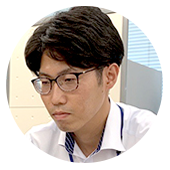
The violin will be played by an award-winning teenager, Yasuzuka Kanon, who will perform "Genbaku O Yurusumaji (Never Again the Atomic Bomb)". It has been in Japan exactly 100 years and has a rich history.
The instrument belonged to a Russian aristocrat who fled the Russian Revolution and sought asylum in Hiroshima. It survived the atomic bombing in 1945 and wound up being a lifeline for its owner.
Russian aristocrat teaches violin in Japan
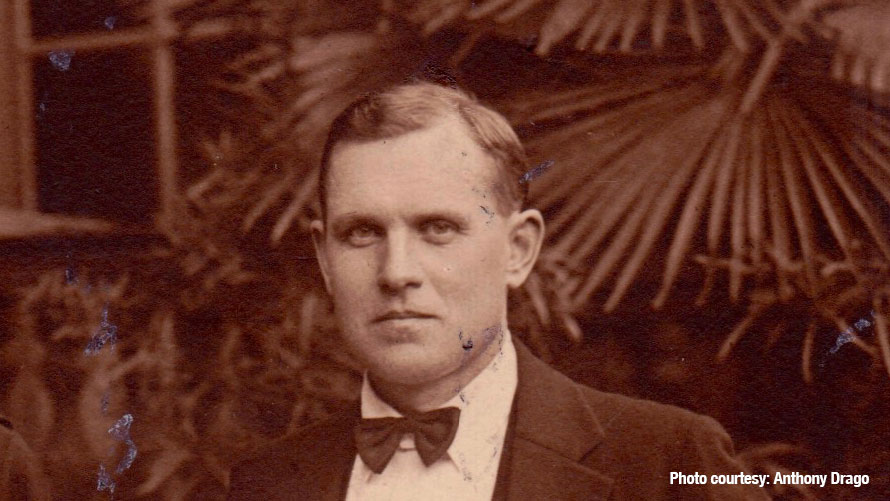
The violin belonged to Sergei Palchikoff, who was born in 1893 and learned to play as a child. The university law graduate fought as a lieutenant colonel of the Imperial Russian Army during the Russian Revolution.
He fled to Japan in 1922, settling in Hiroshima with his wife and three children. Life was hard. Palchikoff found work playing his violin at a movie theater that showed silent films.

The quality of his performances won him a job at a female-only school, Hiroshima Jogakuin. Its principal asked him to teach music. The school had a well-known women's orchestra, which was rare at the time.
One of the students who took Palchikoff's violin lessons was Mihara Shimoko, now 92, who still lives in Hiroshima. She treasures the music scores with his handwritten notes that she kept all these years. She says Palchikoff delivered a one-hour lesson every day.

"We had to practice from the basics," recalls Mihara. "If we couldn't hold the violin correctly, we weren't allowed to play. He was very strict during the lessons, but he also praised us when we did well. I think he had strong passion for music."
Atomic bombing in Hiroshima
Palchikoff is on the teachers' register at Hiroshima Jogakuin from 1926 to 1943, but his name cannot be found after that.

Nishihara Mariko, a retired archivist at what is now called Hiroshima Jogakuin University, says Palchikoff had to leave the school as full-scale student mobilization began during World War Two. He was also subject to surveillance as a Russian refugee.

"Teaching became difficult," says Nishihara. "An American missionary teacher had already gone back to the United States. Mr. Palchikoff was still in Japan, but after Russia joined the war, oppression of Russians increased. His house was requisitioned by the military and he was forced to move."
On August 6, 1945, at 8:15 am, an atomic bomb was dropped on Hiroshima. Palchikoff and his family were at home about 2.5 kilometers from ground zero. Palchikoff's daughter, Kaleria, later gave an account of the bombing to an American investigation team.
"Our house was destroyed in an instant and we lost everything," Kaleria says in a recording by the team. "I saw Hiroshima Castle burning. We grabbed some medicine and a little food and ran toward the mountain."

Kaleria's son, Anthony Drago, 72, lives in California. He says his grandfather never let go of his violin, even in the confusion and turbulence of the atomic bomb attack.
"My grandfather searched the destroyed house over and over, and finally found the violin. The violin was something special for him. It helped him make a living in the foreign land. He carried it with him when he left Russia," says Drago.
"To him, the violin represented his homeland. I think he also felt a special bond with the instrument, because it survived the atomic bomb with him."
Palchikoff and his family eventually left Japan and moved to the US to be with a son who had already relocated.
In 1986, Kaleria visited Japan to attend a ceremony commemorating the 100th year of Hiroshima Jogakuin. She donated her father's violin. By then, he had passed away.
A new stage
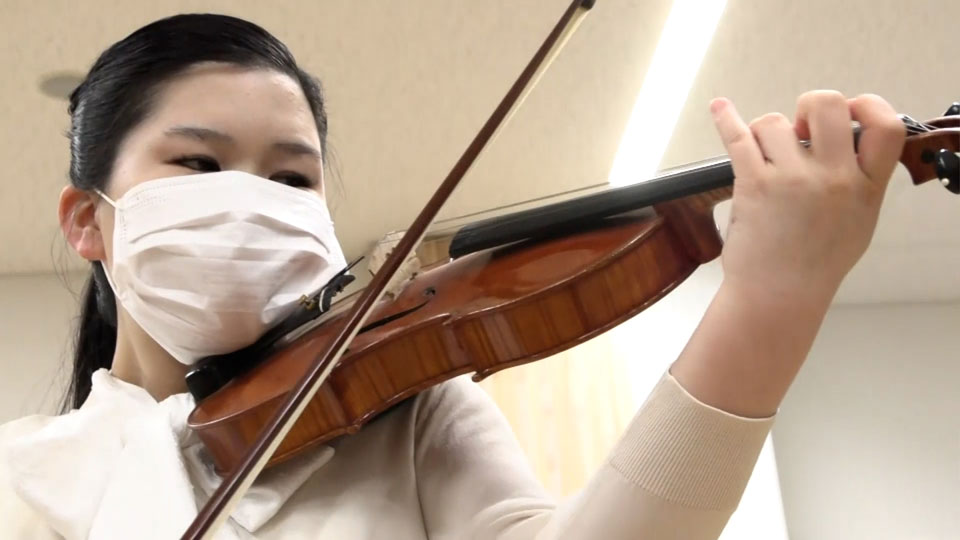
Palchikoff's violin will be sounding music once again at a ceremony this month at the Hiroshima Peace Memorial. Yasuzuka Kanon, a 15-year-old student born in Hiroshima Prefecture, has been chosen to play it. She will perform "Genbaku O Yurusumaji (Never Again the Atomic Bomb)," that contains the lyrics:
Never again will we allow atomic bombs,
Never allow a third bomb,
To fall on our cities.
In July,Yasuzuka met Asada Ishiji, now 90, who wrote the lyrics for the song in 1953.
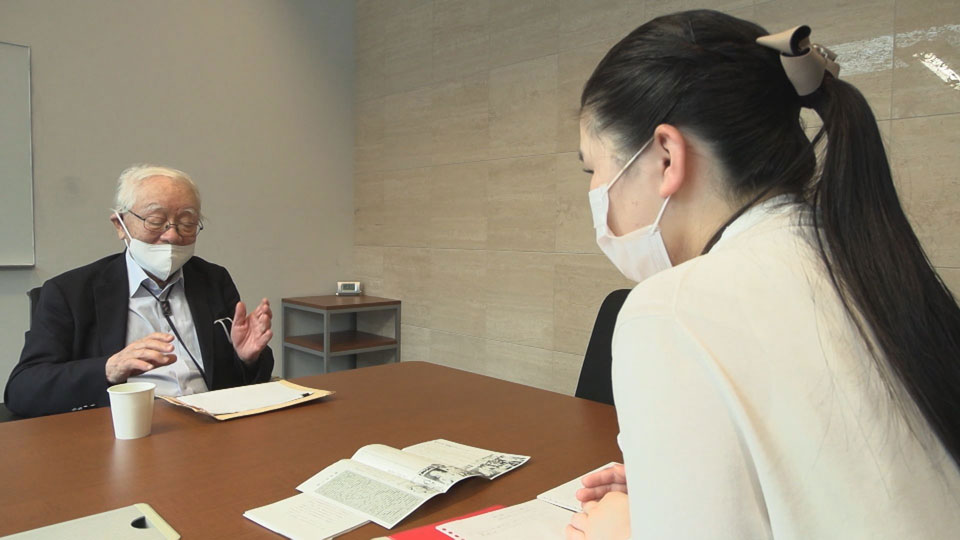
Asada says: "Since I wasn't born in Hiroshima or an atomic-bomb survivor, I didn't know if I should be the one to write the poem. But I thought we should never forget about the victims in Hiroshima, forget the voices of people killed by the atomic bomb. I thought that we must remember, and composing the song would provide momentum for the pursuit of peace."
He told Yasuzuka that he hopes his song will one day be irrelevant. "When humanity becomes completely free from the threat of atomic bombs, this song will no longer be needed," he said. "If the song has no place in the world, that's better."
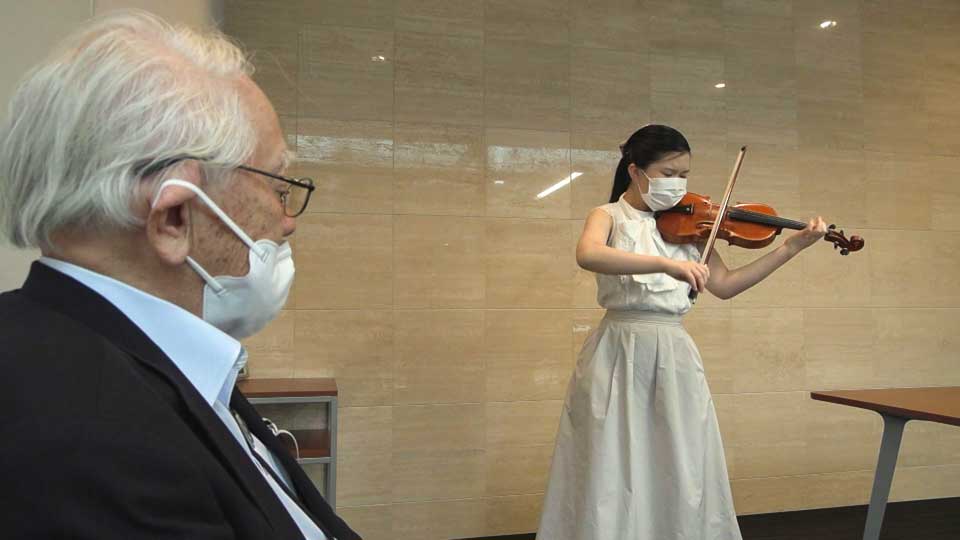
Yasuzuka is aware of the legacy she carries into her performance. "Mr. Palchikoff loved music wholeheartedly, even when he was thrown into the turmoil of war," she says. "I also understand the feelings of Mr. Asada, who has strived to promote peace through music. I will give it my heart and soul."

